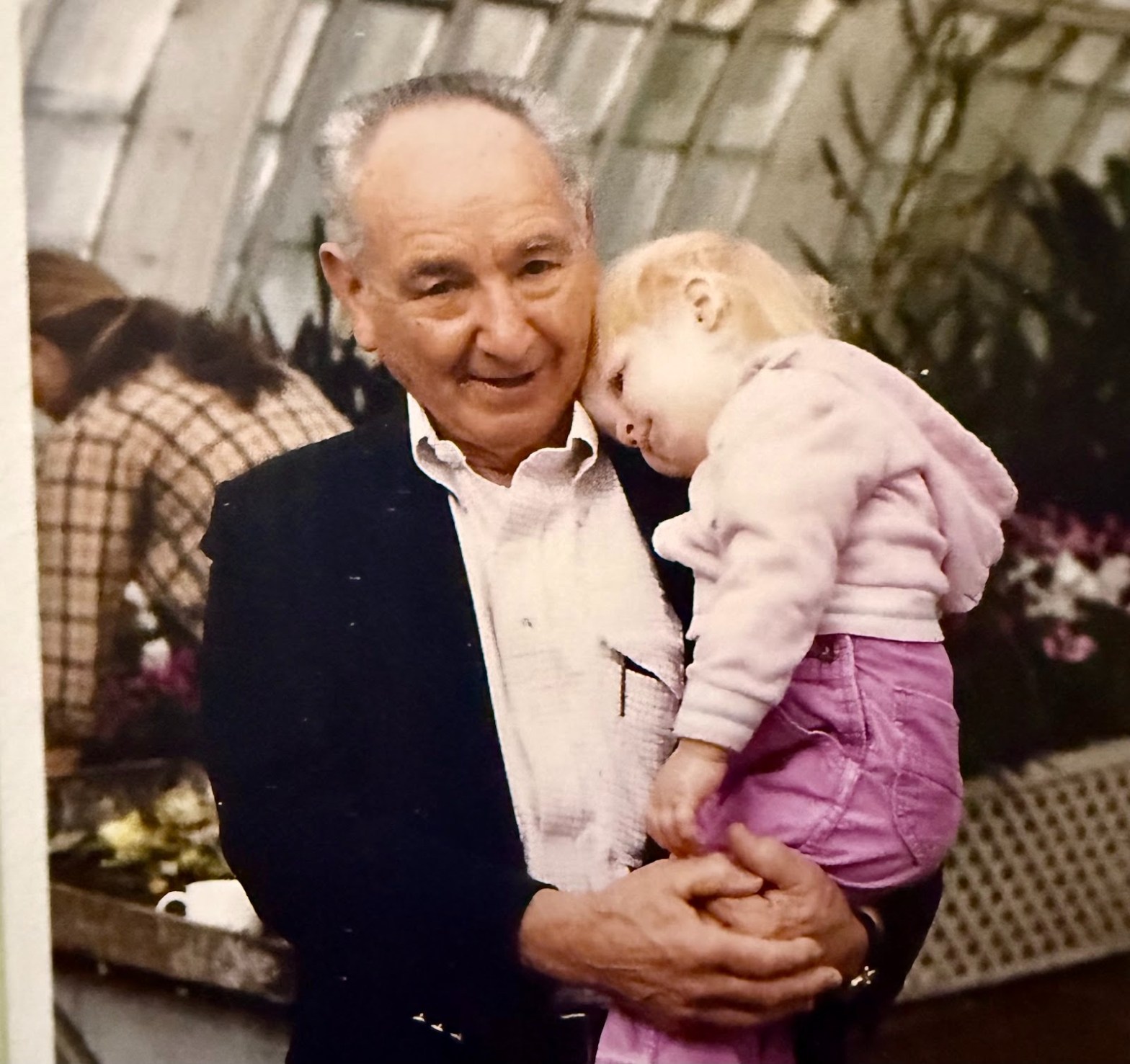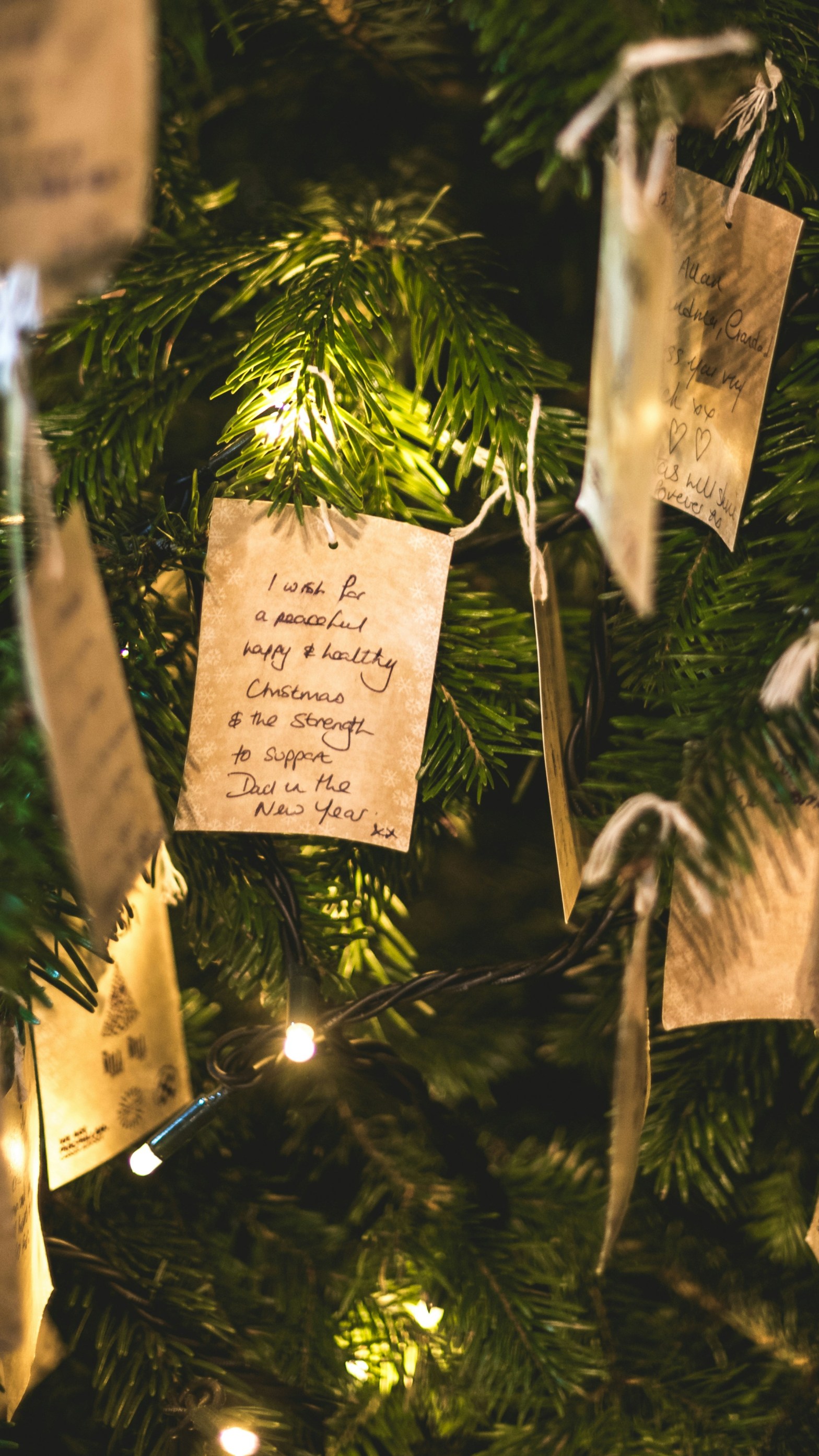-

Weathered Storms
First Sunday of Lent At this, Jesus said to him,“Get away, Satan!It is written:The Lord, your God, shall you worshipand him alone shall you serve.” Then the devil left him and, behold,angels came and ministered… Read more
-

Encountering God: In Stumbling and Fumbling
In this ordinary time between the Christmas season and Lent, I can appreciate anew that God appears to me in the stumbling and fumbling imperfection of my day to day life. God did not come… Read more
-

In Life and Death
December 26, 2025Feast of St. Stephen Martyr “It took my grandfather a long time to die, in fact it took him my whole life.” I wrote these words at 11 years old, shortly after my… Read more
-

Making a List, Checking it Twice
Part of the Series “Hope Carried to Others” on the Into the Deep Blog. Santa is not the only one making a list and checking it twice as Christmas approaches. I have a Christmas card… Read more
-

Sparkling Lights
What did you go out to the desert to see?A reed swayed by the wind?Then what did you go out to see?Someone dressed in fine clothing?Those who wear fine clothing are in royal palaces.Then why… Read more
-

Wretched Food… An Invitation to Hope?
The past few months have been filled with unexpected, everyday “emergencies”: a very sick dog, a bunny with a broken tooth, new brakes for the car (front and back), a minor concussion for one kid… Read more
Welcome to my blog!
I’m Jen and I blog about family, faith, Ignatian Spirituality, and Catholic traditions with humor and healthy dose of reality. I contribute to several different Jesuit ministries with writing, speaking, and trainings. Welcome!